The landscape of reproductive rights and fertility preservation has undergone significant transformations across Europe in recent years, with Nordic countries emerging as pioneers in progressive policies. Among these advancements, the approach to egg freezing—both for medical and social reasons—has sparked considerable debate and admiration. The Nordic model, characterized by its blend of accessibility, state support, and ethical considerations, offers a compelling contrast to the fragmented systems seen elsewhere in the world.
In Scandinavia, the conversation around egg freezing is deeply intertwined with broader societal values of gender equality and individual autonomy. Countries like Denmark, Sweden, and Norway have crafted policies that reflect a nuanced understanding of reproductive health as a fundamental right rather than a privilege. Unlike in many nations where egg freezing remains prohibitively expensive or ethically contentious, Nordic governments have worked to integrate the procedure into public healthcare frameworks—albeit with varying degrees of coverage and restrictions.
Denmark, for instance, has positioned itself as a leader in reproductive technology by offering egg freezing services to women at risk of premature fertility loss due to medical conditions like cancer. The Danish system, while not universally covering elective procedures, provides substantial subsidies for those facing medically indicated scenarios. This approach underscores a commitment to safeguarding fertility as part of holistic healthcare, a principle that resonates deeply in a region known for its robust welfare state.
Meanwhile, Sweden has taken a more cautious but evolving stance. Initially resistant to non-medical egg freezing, Swedish policymakers have gradually relaxed regulations in response to shifting public demand. Today, private clinics offer the service to healthy women, though costs remain largely out-of-pocket. The Swedish debate highlights a tension between ethical concerns—such as the potential commodification of reproduction—and the growing recognition of women's right to delay childbearing for personal or professional reasons.
Finland and Norway present yet another facet of the Nordic spectrum. Finland permits social egg freezing but imposes strict age limits and requires extensive counseling, reflecting a prioritization of informed consent. Norway, traditionally more conservative in reproductive matters, has only recently begun to reconsider its ban on elective preservation, signaling a potential shift toward alignment with its neighbors. These variations reveal how cultural and political contexts shape even the most progressive regions’ approaches to fertility.
What unites these nations, however, is a shared emphasis on education and transparency. Across the Nordics, public health campaigns demystify egg freezing, outlining its risks, success rates, and alternatives without stigmatization. This stands in stark contrast to the often profit-driven narratives promoted by private fertility industries in other parts of the world. By treating reproductive choices as matters of public health rather than individual consumerism, Nordic systems foster more equitable access—though gaps persist, particularly for low-income individuals and marginalized communities.
The economic implications of these policies are equally noteworthy. While critics argue that state-funded fertility preservation diverts resources from other healthcare needs, proponents highlight long-term benefits: delayed childbearing can lead to higher workforce participation among women, ultimately strengthening national economies. This pragmatic view aligns with the Nordic tradition of viewing social policies as investments rather than expenditures.
Yet challenges remain. The physical and emotional toll of egg freezing—from hormonal stimulation to the uncertainty of future use—raises questions about whether these policies adequately address women’s holistic well-being. Some advocates call for expanded psychological support and follow-up care, arguing that true reproductive autonomy requires more than just technical access to procedures.
As the global demand for fertility preservation grows, the Nordic experience offers valuable lessons. Their models demonstrate that egg freezing policies cannot be divorced from wider discussions about gender equity, healthcare infrastructure, and societal values. While no system is perfect, the Scandinavian emphasis on balancing individual rights with collective responsibility provides a blueprint for other nations grappling with these complex issues.
Looking ahead, the evolution of Nordic egg freezing policies will likely continue to reflect broader cultural shifts. As technologies advance and societal attitudes toward reproduction and aging progress, these countries may well set new benchmarks for what it means to support reproductive choice in the 21st century.
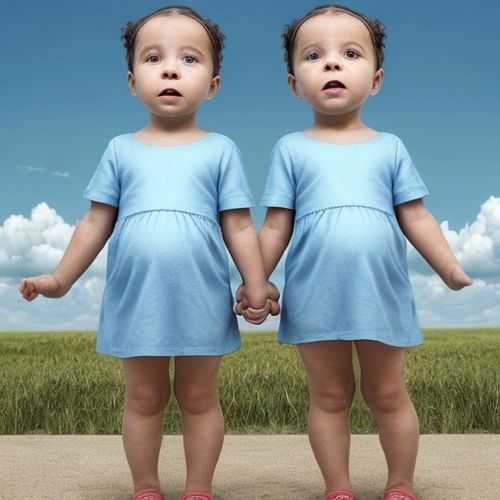
By Eric Ward/Apr 19, 2025

By Sophia Lewis/Apr 19, 2025

By George Bailey/Apr 19, 2025
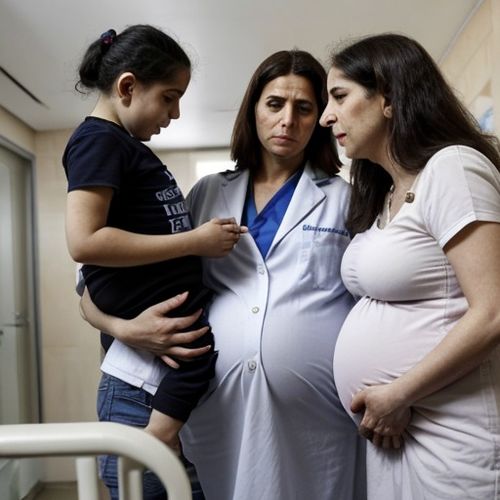
By George Bailey/Apr 19, 2025

By Grace Cox/Apr 19, 2025
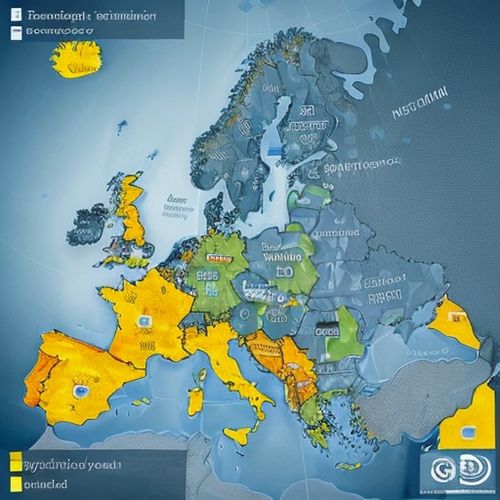
By Natalie Campbell/Apr 19, 2025

By Sarah Davis/Apr 19, 2025

By Michael Brown/Apr 19, 2025

By George Bailey/Apr 19, 2025
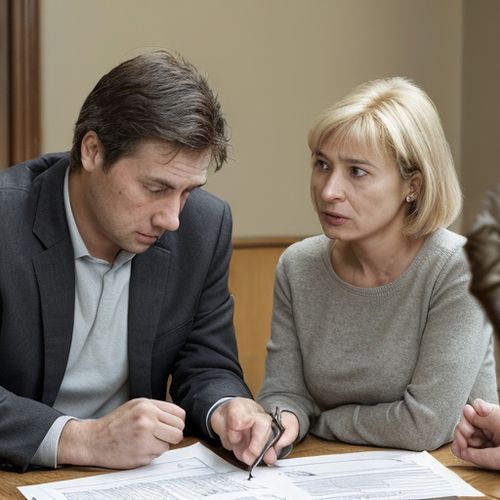
By Victoria Gonzalez/Apr 19, 2025

By Christopher Harris/Apr 19, 2025

By Natalie Campbell/Apr 19, 2025

By Sophia Lewis/Apr 19, 2025

By James Moore/Apr 19, 2025

By Natalie Campbell/Apr 19, 2025

By Emily Johnson/Apr 19, 2025
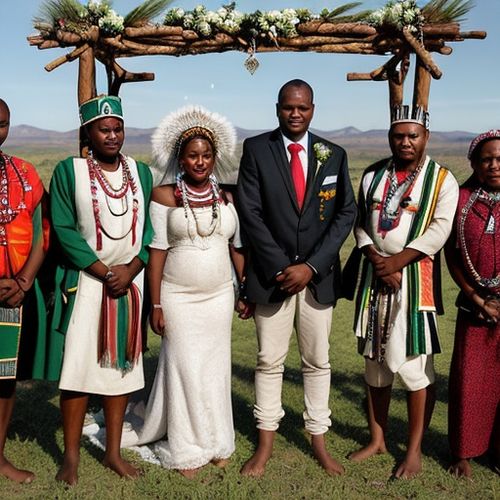
By James Moore/Apr 19, 2025
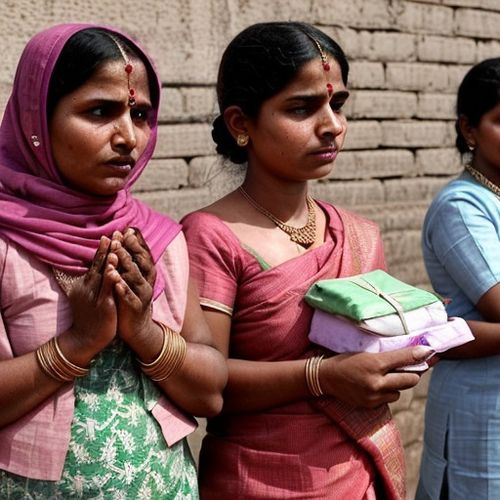
By Amanda Phillips/Apr 19, 2025
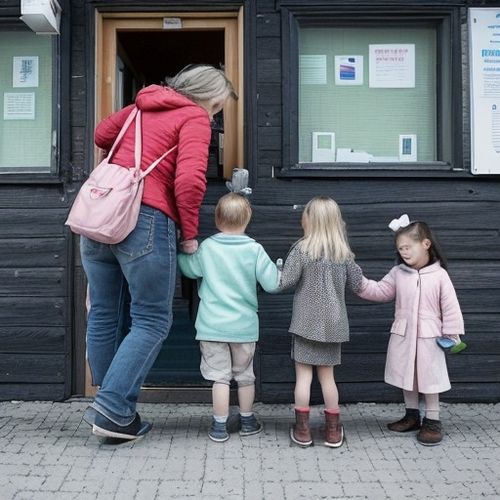
By Emily Johnson/Apr 19, 2025

By Noah Bell/Apr 19, 2025